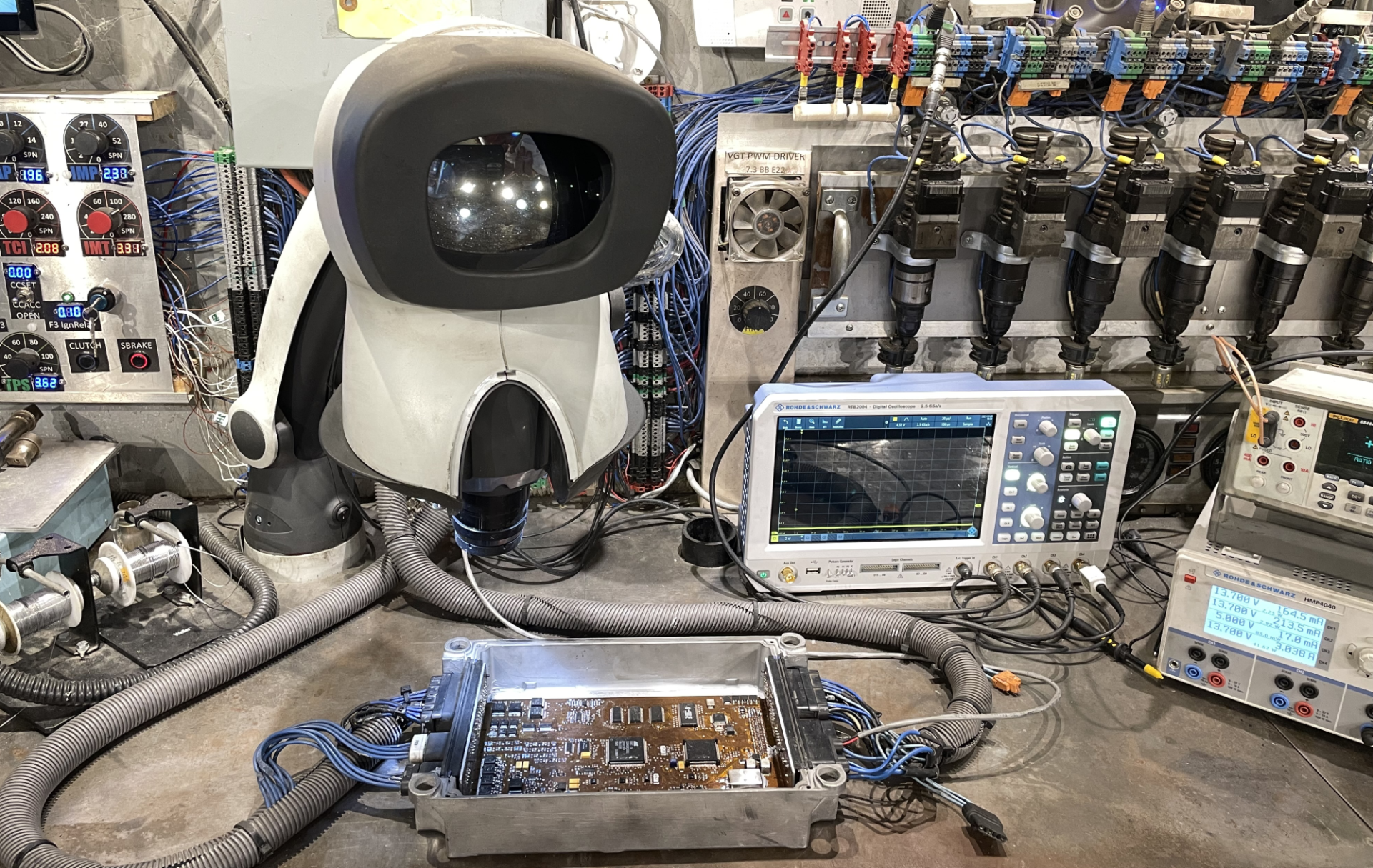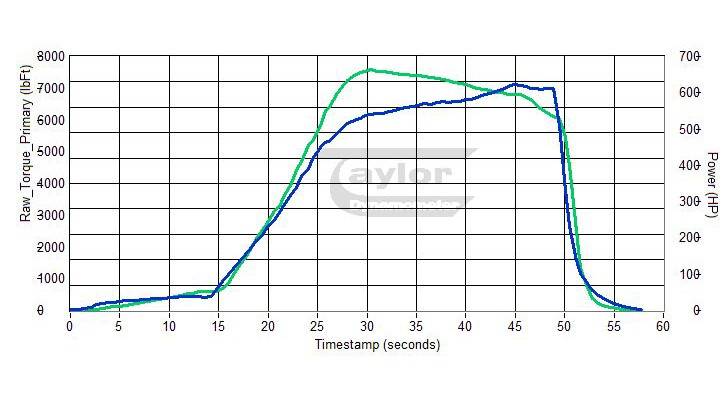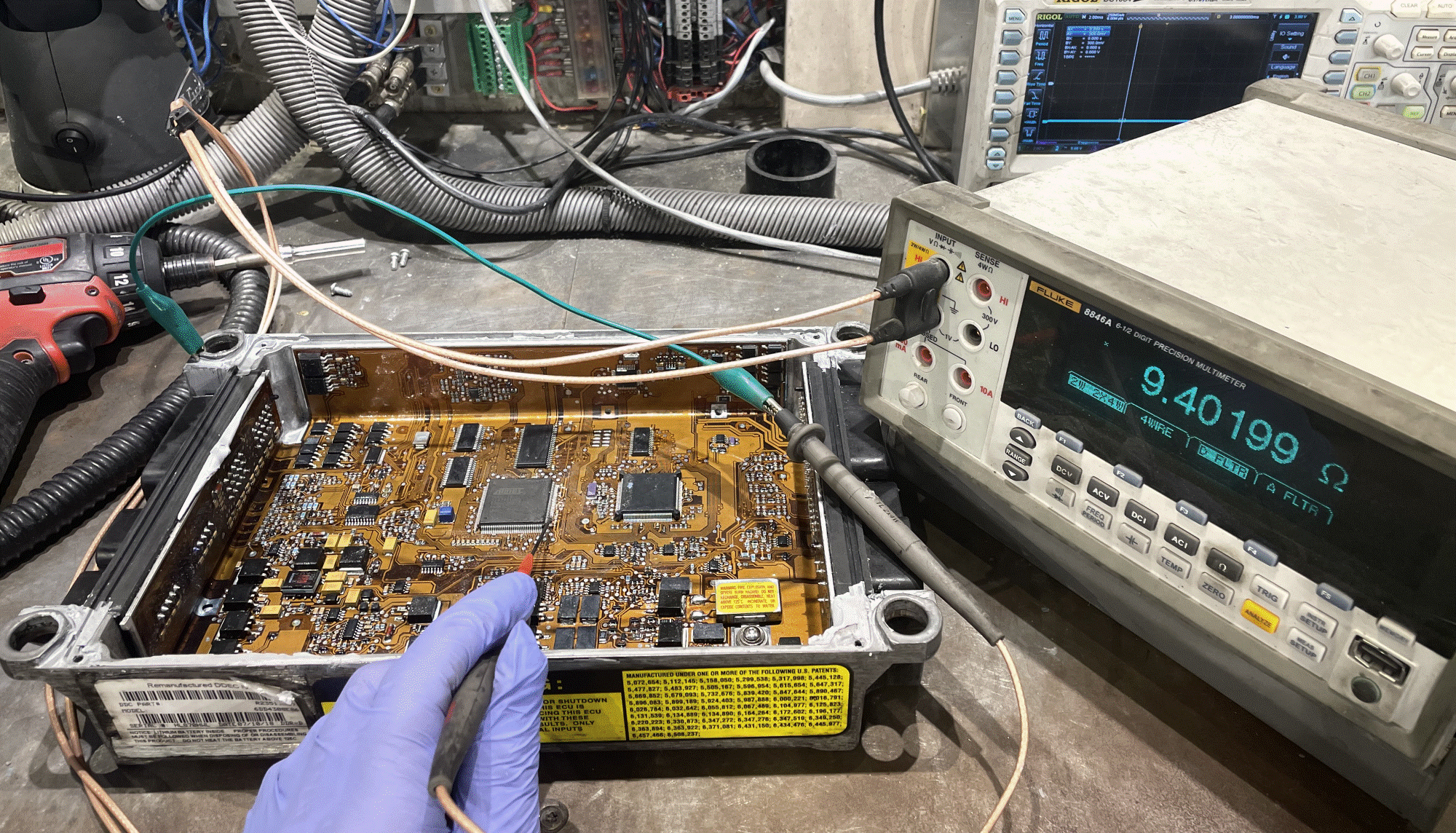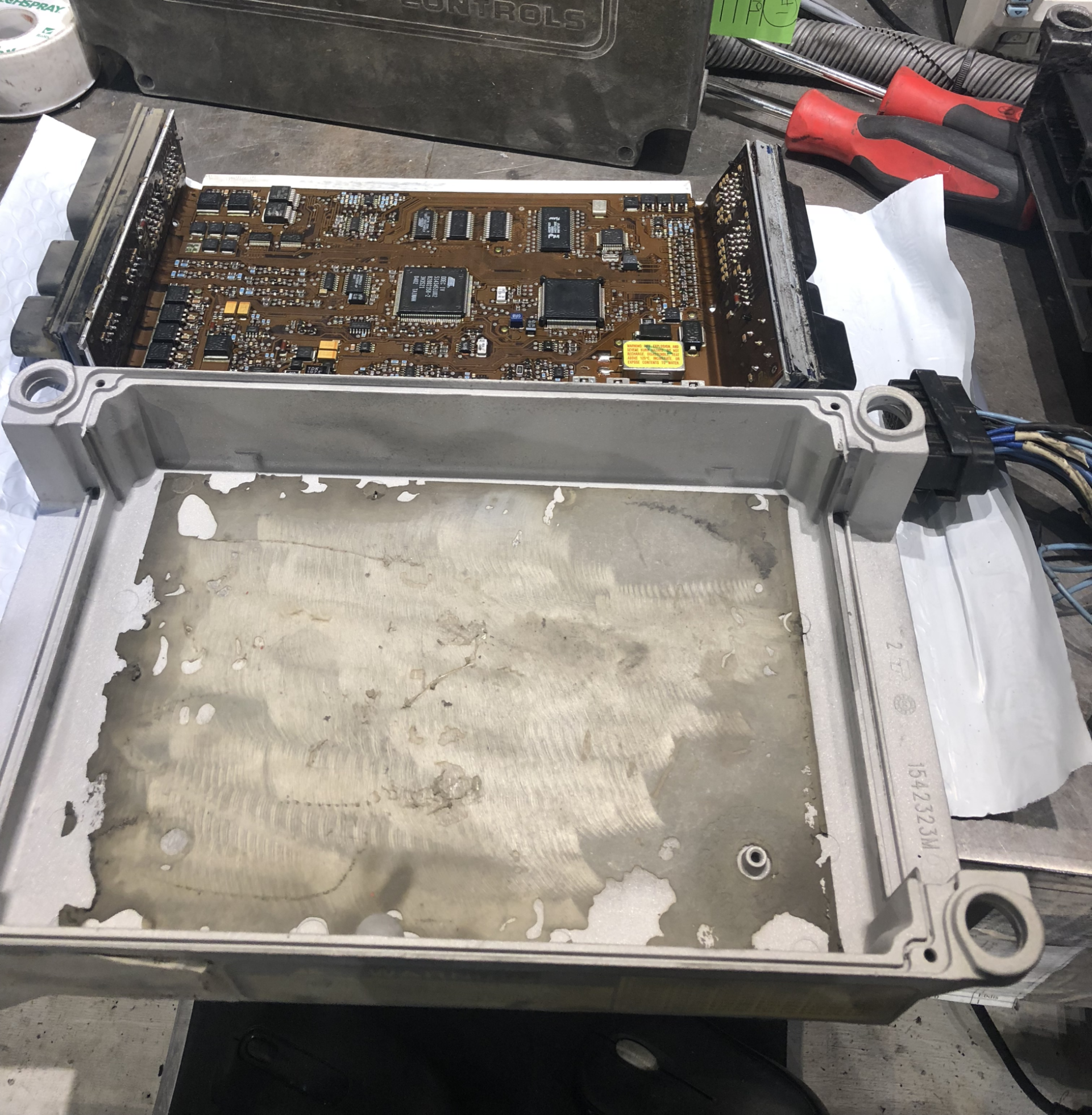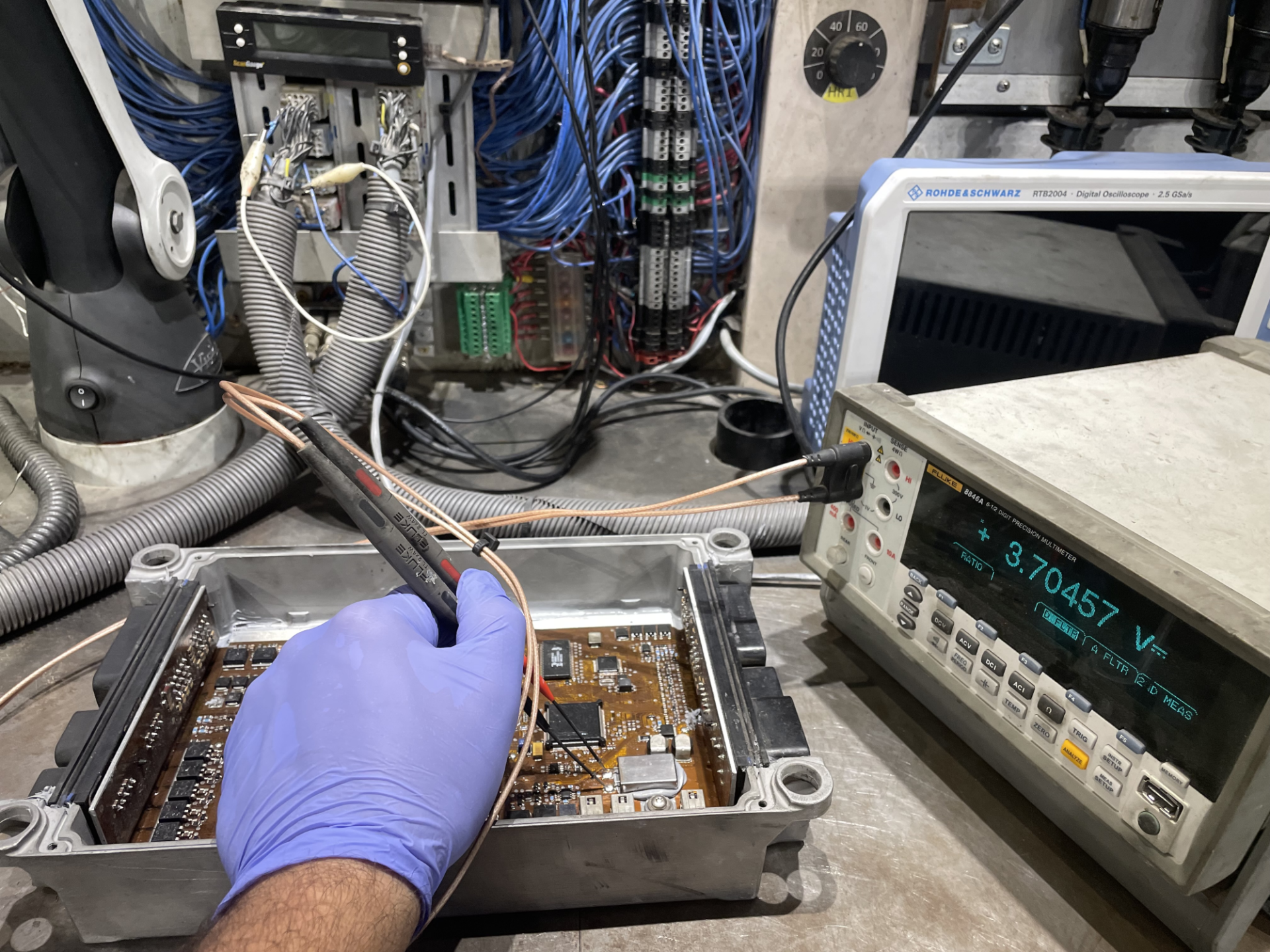The engine control module (ECM) is without a doubt the most widely misunderstood component on a modern engine. The ECM is the only part of the engine that cannot be easily evaluated. It’s easy to feel if a cylinder liner has been scored. It’s easy to see if a camshaft lobe is flaking but if an ECM is responsible for a no start, misfire or poor fuel mileage or horsepower it’s not so easy to be sure the ECM is the problem. Speaking of misfires an electronic injector is another example of a component that can be difficult to diagnose. With an injector you can switch the suspected injector with a known good injector and see if the problem follows the injector. Sometimes this method identifies the bad injector and sometimes it doesn’t. Depends on what the problem is. Now let’s apply that logic to an attempt to determine if an ECM is bad. Let’s say a Freightliner glider has a no start condition. If you switch that ECM with another that’s off of a Freightliner glider you can be about 90 percent sure of any conclusions you reach. However if that Freightliner glider has an ignition relay and you swap the Freightliner’s DDEC IV with a known good DDEC IV from a Fitzgerald 389 the 389’s ECM will not start the Freightliner. The differences in programming between the two DDEC IV ECMs adds many variables to the test. Things gets even worse when trying to determine the cause of poor fuel mileage and horsepower. Let’s say the poor performing engine is a 1999 12.7 MK60 running a DDEC IV and the test DDEC IV was pulled from a 2001 12.7 MK60. Not only do those two engines run different cams but they have different compression ratios. The injector trim codes are almost never the same so unless they are programmed specifically for the test the wrong injector trims can throw off fueling by as much as 20 percent. There are hardware differences between DDECs as well but I’ll get into all that some other time. Unless $2000 for a reman DDEC is pocket change for you then it’s worth the time to be mindful of all the variables when diagnosing a suspected ECM problem.
Shipping Address
(Ship ECMs that need service and ECM core returns here)
Diesel Control Service Suite #395
1151 Freeport Rd
Pittsburgh, Pa 15238
7 a.m. to 7 p.m. EST Mon-Fri
412-327-9400
DCSweb@dieselcontrolservice.com
DCS ECM Lab Address
615 Pillow Ave.
Cheswick, Pa 15024
